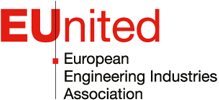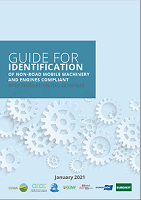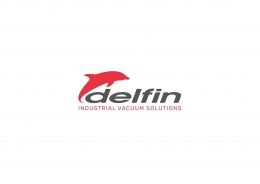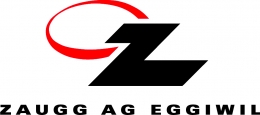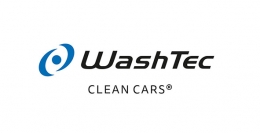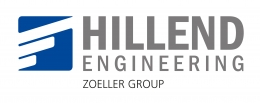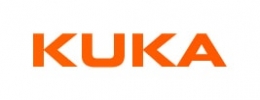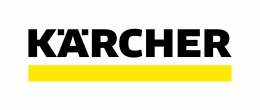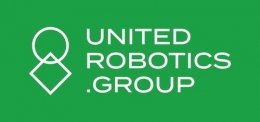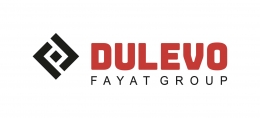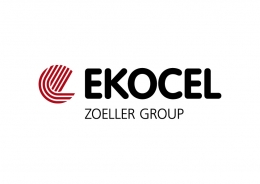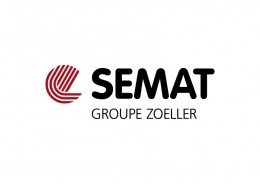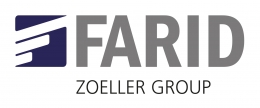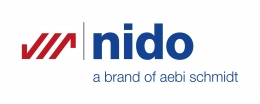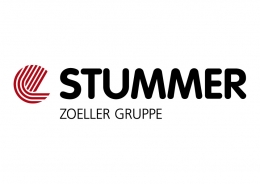
News
November 2017
European Council stresses the importance of a digital Europe
Digitalisation offers immense opportunities for innovation, growth and jobs. It contributes to our global competitiveness and enhances creative and cultural diversity. Seizing these opportunities requires collectively tackling some of the challenges posed by the digital transformation and reviewing policies affected by digitalisation. The European Council is ready to do what it takes for Europe to go digital.
The following extract on building a digital Europe is taken from the general conclusions adopted by the European Council at a meeting on October 19, 2017.
To successfully build a Digital Europe, the EU needs in particular:
- a future-oriented regulatory framework: completing the Digital Single Market Strategy in all its elements by the end of 2018 remains an essential task. Despite considerable progress, work in this area needs to be accelerated in order to meet this deadline. To that end, the additional TTE/Telecom Council on 24 October should discuss how to speed up and prioritise the work on the Digital Single Market. Agreement between the co-legislators on geo-blocking, audio-visual media services and parcel delivery should be reached by the end of 2017. By June 2018, co-legislators should also agree on the free flow of non-personal data proposal and the electronic communications code. The European Council highlights the importance of ensuring adequate rules on data flows with third countries in trade agreements, without prejudice to EU legislation. Furthermore, negotiations on copyright and on the Digital Content Directive should be pursued as a matter of priority. The European Council also underlines the necessity of increased transparency in platforms’ practices and uses;
- a first rate infrastructure and communications network: this requires cooperation at the EU level, inter alia with the aim of achieving world-class very high-speed fixed and mobile networks (5G) all across the EU and increased coordinated availabilities of spectrum by 2020 under consistent regulatory and economic conditions; this in turn requires dedicating all necessary legislative resources, including a sufficient number of trilogues, to reaching an agreement on the electronic communications code, including the necessary provisions on spectrum;
- a common approach to cybersecurity: the digital world requires trust, and trust can only be achieved if we ensure more proactive security by design in all digital policies, provide adequate security certification of products and services, and increase our capacity to prevent, deter, detect and respond to cyberattacks. To that end, the Commission's cybersecurity proposals should be developed in a holistic way, delivered timely and examined without delay, on the basis of an action plan to be set up by the Council;
- labour markets, training and education systems fit for the digital age: there is a need to invest in digital skills, to empower and enable all Europeans;
- a determined R&D and investment effort: to support new forms of entrepreneurship, and stimulate and assist the digital transformation of industries and services. EU instruments such as the EU Framework Programmes, including Horizon 2020, the European Structural and Investment Funds and the European Fund for Strategic Investments can help achieve this objective. The EU should also explore ways to set up the appropriate structures and funding to support breakthrough innovation;
- a sense of urgency to address emerging trends: this includes issues such as artificial intelligence and blockchain technologies, while at the same time ensuring a high level of data protection, digital rights and ethical standards. The European Council invites the Commission to put forward a European approach to artificial intelligence by early 2018 and calls on the Commission to put forward the necessary initiatives for strengthening the framework conditions with a view to enable the EU to explore new markets through risk-based radical innovations and to reaffirm the leading role of its industry;
- an effective and fair taxation system fit for the digital era: it is important to ensure that all companies pay their fair share of taxes and to ensure a global level-playing field in line with the work currently underway at the OECD. The European Council invites the Council to pursue its examination of the Commission communication on this issue and looks forward to appropriate Commission proposals by early 2018.
The objective must be to create a more integrated Single Market and to deliver practical benefits for European citizens and businesses. The European Council will closely follow developments in this area and provide the necessary guidance. It calls on the institutions to step up the legislative work, and on the Member States to implement the relevant EU legislation and to take all the measures required within their sphere of competence so as to shape the new digital era. The European Council will, at its level, address issues that cannot be solved at the level of the Council.
Quicklinks
EUnited AISBL- European Engineering Industries Association,
Industrious Brussels EU District, Avenue des Arts 6-9, 1210 Brussels, Belgium, +32 490 57 57 65
Transparency Register number: 0289344948-82
Industrious Brussels EU District, Avenue des Arts 6-9, 1210 Brussels, Belgium, +32 490 57 57 65
Transparency Register number: 0289344948-82
© 2025 Eunited aisbl, Bruxelles
